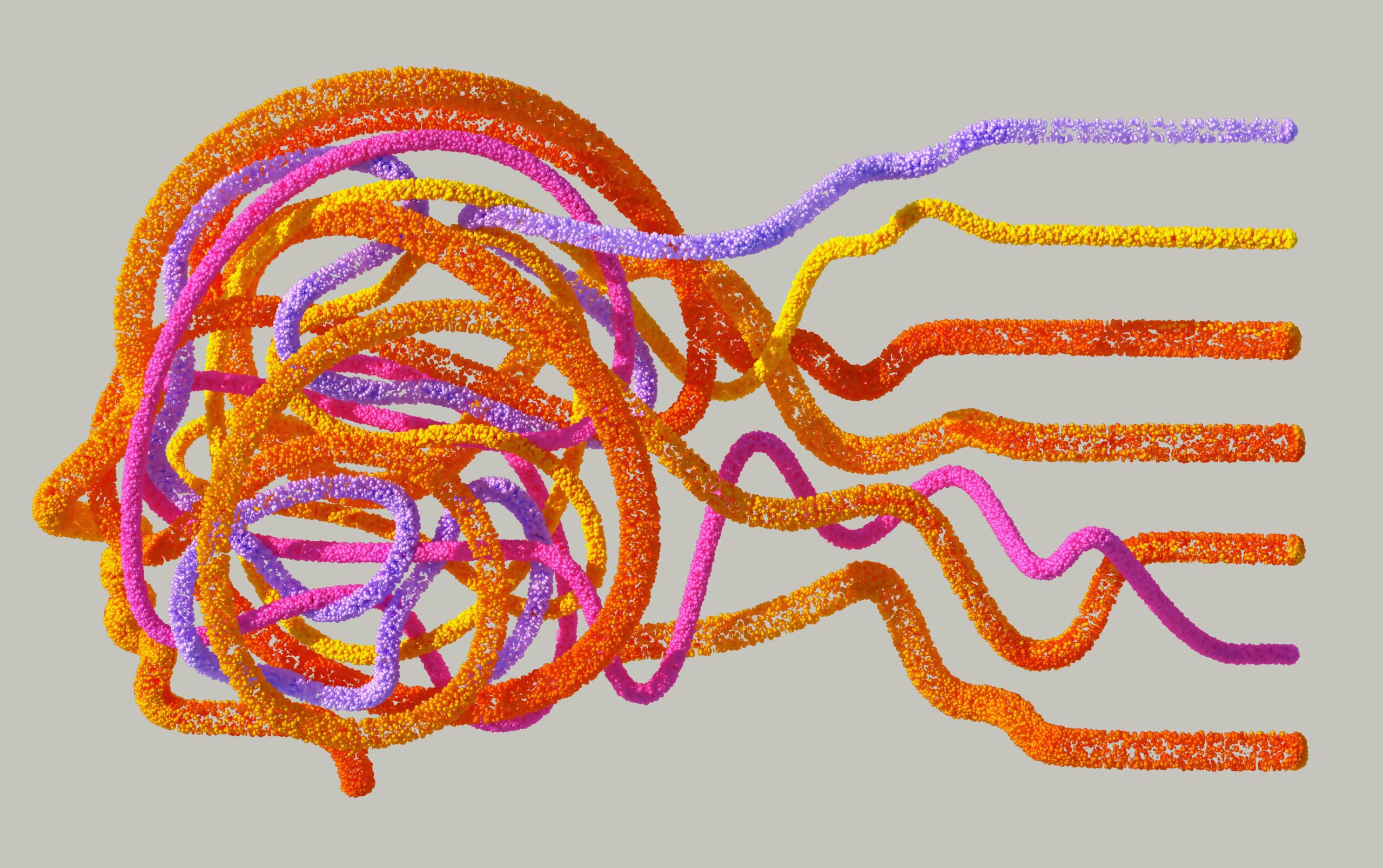Community-based reintegration programs represent a transformative approach to helping individuals rebuild their lives after incarceration, addiction treatment, or other challenging life circumstances. These initiatives create bridges between marginalized populations and society, fostering genuine opportunities for second chances.
The journey from isolation to integration requires more than good intentions—it demands structured support, community involvement, and comprehensive strategies that address the multifaceted challenges faced by individuals seeking to reclaim their place in society. Through collaborative efforts, we can dismantle barriers and create pathways toward meaningful participation in community life.
🌟 Understanding the Foundation of Community Reintegration
Community-based reintegration programs operate on the principle that successful rehabilitation occurs when individuals receive support within their natural environment rather than in institutional settings. This approach recognizes that lasting change happens through connection, not isolation.
These programs typically involve partnerships between government agencies, non-profit organizations, faith-based groups, and local businesses. By leveraging community resources and networks, they create sustainable support systems that extend far beyond traditional rehabilitation models.
The core philosophy centers on treating individuals as valuable community members with potential, rather than defining them solely by their past mistakes or struggles. This fundamental shift in perspective opens doors to genuine transformation and social acceptance.
Breaking Down Barriers to Successful Reintegration
Individuals returning to society face numerous obstacles that can derail their progress without proper support. Understanding these challenges is essential for developing effective intervention strategies that address root causes rather than symptoms.
Employment and Economic Stability 💼
Securing meaningful employment remains one of the most significant hurdles for individuals reentering society. Many employers maintain policies that automatically disqualify applicants with criminal records, regardless of the nature of their offense or time elapsed since conviction.
Community reintegration programs tackle this challenge by partnering with employers who embrace fair-chance hiring practices. These partnerships often include incentives for businesses, such as tax credits or insurance coverage, while providing job training and soft skills development for program participants.
Financial literacy workshops form another crucial component, teaching budgeting, banking, and credit management skills that many participants never had the opportunity to develop. This knowledge proves essential for achieving long-term economic independence and stability.
Housing and Stable Living Environments
Finding safe, affordable housing presents another formidable challenge. Many landlords conduct background checks that exclude individuals with criminal histories, while others face homelessness due to severed family ties or lack of financial resources.
Effective programs address this through transitional housing options, housing voucher assistance, and advocacy efforts with landlords willing to provide second-chance leasing opportunities. Some initiatives even establish peer-managed housing cooperatives where residents support each other’s continued progress.
The Pillars of Effective Reintegration Programs
Successful community-based reintegration relies on multiple interconnected elements working in harmony. These foundational pillars create comprehensive support structures that address the whole person rather than isolated needs.
Mental Health and Substance Abuse Support
Many individuals entering reintegration programs struggle with mental health conditions or substance use disorders. Without addressing these underlying issues, sustainable progress remains unlikely regardless of other support services provided.
Quality programs incorporate accessible mental health counseling, psychiatric care when necessary, and evidence-based addiction treatment modalities. Peer support groups facilitate shared experiences and mutual encouragement, reducing isolation and stigma.
Trauma-informed care approaches recognize that many participants have experienced significant trauma that influences their behavior and decision-making. Healing from past wounds enables individuals to build healthier futures and develop resilience against future challenges.
Education and Skills Development 📚
Educational attainment strongly correlates with successful reintegration outcomes. Many program participants lack high school diplomas or marketable job skills, limiting their employment prospects and earning potential.
Comprehensive programs offer GED preparation courses, vocational training in high-demand fields, and connections to community colleges or apprenticeship opportunities. Technology literacy training has become increasingly essential as digital skills represent baseline requirements for most modern employment.
Life skills training addresses practical knowledge gaps in areas like communication, conflict resolution, time management, and professional etiquette. These fundamental capabilities significantly impact an individual’s ability to maintain employment and navigate social situations successfully.
Family Reunification and Relationship Restoration
Strong family connections provide natural support networks that dramatically improve reintegration success rates. However, incarceration or addiction often severely damages these relationships, requiring intentional efforts to rebuild trust and communication.
Family therapy services help address past hurts and establish healthy boundaries moving forward. Parenting classes assist those reconnecting with children, while couples counseling supports romantic relationships strained by separation and stress.
Recognizing that “family” takes many forms, inclusive programs also facilitate connection to chosen family, mentors, and community support networks that fulfill similar nurturing and accountability roles.
🤝 Community Engagement and Social Capital Building
True reintegration extends beyond meeting basic needs to include meaningful participation in community life. Building social capital—the networks, relationships, and social trust that facilitate cooperation—proves essential for long-term success.
Volunteer opportunities allow program participants to contribute to their communities, shifting self-perception from receiving help to providing value. This reciprocal relationship strengthens community bonds while building confidence and skills.
Faith communities, civic organizations, and recreational groups provide natural gathering places where individuals can forge new friendships based on shared interests rather than shared struggles. These connections combat isolation and create accountability networks that discourage relapse or recidivism.
Mentorship Programs That Transform Lives
One-on-one mentorship relationships create powerful catalysts for change. Mentors provide guidance, encouragement, and real-world perspective that complement professional services offered through formal programs.
Effective mentorship matching considers shared backgrounds, interests, and goals to establish authentic connections. Regular meetings provide consistency and accountability while allowing organic relationship development that extends beyond transactional support.
Peer mentorship models leverage the lived experience of individuals who have successfully navigated reintegration themselves. These peer mentors offer credibility and hope that professional staff sometimes cannot, demonstrating that transformation is genuinely possible.
Measuring Success Beyond Recidivism Rates
Traditional program evaluation focuses heavily on recidivism reduction as the primary success metric. While avoiding reoffending certainly matters, this narrow focus overlooks many important indicators of genuine life transformation and community integration.
Comprehensive evaluation frameworks examine employment stability, housing security, family reunification progress, educational attainment, mental health improvements, and community involvement. These measures provide a more complete picture of individual flourishing beyond simply avoiding negative outcomes.
Quality of life assessments capture subjective wellbeing, sense of purpose, and hope for the future—intangible but profoundly important indicators that individuals are truly building brighter futures rather than merely surviving.
Innovative Approaches Reshaping Reintegration 💡
Forward-thinking programs continuously evolve by incorporating new research findings, technological tools, and creative strategies that enhance effectiveness and reach.
Technology-Enhanced Support Systems
Digital platforms now facilitate remote counseling sessions, job search assistance, and peer support connections, expanding access for individuals in rural areas or those with transportation limitations. Mobile applications provide daily encouragement, appointment reminders, and crisis intervention resources at users’ fingertips.
Online education platforms enable skill development on flexible schedules that accommodate work obligations and family responsibilities. Virtual reality training simulations help participants practice job interviews and difficult conversations in low-stakes environments before facing real-world situations.
Restorative Justice Integration
Some innovative programs incorporate restorative justice principles that bring together individuals who have caused harm with those affected by their actions. These facilitated dialogues promote accountability, healing, and mutual understanding that benefit all parties involved.
Victim-offender mediation processes allow individuals to make meaningful amends beyond criminal justice system requirements. Community impact panels help participants understand the ripple effects of their past actions while demonstrating their commitment to positive change.
Social Enterprise Employment Models
Social enterprises—businesses with dual missions of profit generation and social impact—create transitional employment opportunities specifically designed for reintegrating individuals. These ventures provide paid work experience in supportive environments that accommodate challenges while maintaining professional standards.
Participants develop marketable skills, build employment histories, and gain professional references that facilitate transition to mainstream employment. Revenue generated by these enterprises helps fund program operations, creating financial sustainability beyond grant dependence.
🌍 Building Community Support and Reducing Stigma
Even the most comprehensive programs face limitations if broader communities maintain stigmatizing attitudes and exclusionary practices toward reintegrating individuals. Cultural change requires intentional education and advocacy efforts.
Public awareness campaigns challenge stereotypes and share success stories that humanize individuals beyond their worst moments. Community forums provide spaces for honest dialogue about safety concerns while presenting evidence-based information about reintegration and public safety.
Recognition events celebrate program graduates, highlighting their achievements and contributions to community wellbeing. These celebrations shift narratives from shame to pride, demonstrating that second chances benefit everyone when individuals become productive, engaged community members.
Policy Frameworks That Enable Success
Supportive public policies create environments where reintegration programs can thrive and individuals face fewer structural barriers to rebuilding their lives. Advocacy for progressive reforms represents a crucial component of comprehensive reintegration strategies.
Ban-the-box legislation delays criminal background inquiries until later in the hiring process, allowing applicants to demonstrate their qualifications before disclosing past convictions. Expungement and record-sealing laws provide pathways to permanently move beyond past mistakes after demonstrating sustained positive behavior.
Housing discrimination protections ensure that individuals are not automatically excluded from rental opportunities based solely on criminal history. Fair licensing laws prevent categorical exclusions from professional licenses, opening career pathways previously closed regardless of rehabilitation demonstrated.
Funding Sustainable Community Programs 💰
Financial sustainability challenges threaten many valuable reintegration initiatives. Diversified funding strategies combining government grants, private philanthropy, corporate partnerships, and social enterprise revenue create stability that enables long-term planning and program refinement.
Cost-benefit analyses demonstrate that effective reintegration programs generate significant returns on investment by reducing recidivism, increasing tax revenues from employed participants, decreasing emergency service utilization, and strengthening community social fabric.
Impact investing models attract socially conscious investors seeking both financial returns and measurable social outcomes. Pay-for-success contracts align government funding with demonstrated results, creating accountability while shifting risk away from public budgets.
Creating Culturally Responsive Programs
Effective reintegration services recognize that individuals come from diverse cultural backgrounds with unique values, communication styles, and community connections. One-size-fits-all approaches often fail to resonate with or adequately serve specific populations.
Culturally specific programs designed by and for particular communities incorporate relevant cultural traditions, address unique challenges faced by those groups, and provide staff who share cultural backgrounds and language capabilities with participants.
Gender-responsive programming acknowledges different needs and experiences of women, men, and non-binary individuals. Trauma histories, parenting responsibilities, relationship dynamics, and pathway factors that led to incarceration or addiction often differ significantly across gender identities.
🚀 Pathways Forward: Strengthening Reintegration Efforts
The evolution of community-based reintegration programs continues as we learn from both successes and setbacks. Ongoing evaluation, participant feedback, and cross-program collaboration drive continuous improvement in service delivery and outcomes.
Increased investment in prevention programs addressing root causes of crime and addiction will reduce the number of individuals requiring reintegration services in the future. However, for millions currently navigating reentry, robust support systems remain essential.
Expanding program reach to underserved populations, particularly in rural areas and communities of color disproportionately impacted by mass incarceration, represents both a moral imperative and practical strategy for community strengthening.
Building coalitions that unite stakeholders across sectors—criminal justice, healthcare, education, business, and community organizations—creates powerful advocacy forces for policy reforms and resource allocation that enables programmatic success.

Celebrating Human Potential and Transformation
Behind every statistic and program outcome measure stands a real person with dreams, capabilities, and inherent worth. Community-based reintegration programs recognize and nurture this human potential, providing tools and support that enable individuals to author new chapters in their life stories.
The transformation journey is rarely linear, with setbacks and challenges inevitably arising. Programs that maintain engagement through difficulties, offering grace alongside accountability, create environments where genuine, sustainable change can flourish.
When we invest in helping individuals rebuild their lives, we invest in stronger families, safer communities, and a more just society. Every person successfully reintegrated represents not just one life transformed but ripple effects of positive impact extending to children, partners, employers, neighbors, and future generations.
Community-based reintegration programs embody our collective commitment to second chances, human dignity, and the belief that people can change. By empowering lives through comprehensive support, we build brighter futures not just for individuals but for entire communities. The path forward requires sustained commitment, adequate resources, and unwavering belief in human potential. Together, we can create a society where everyone has genuine opportunities to contribute, belong, and thrive. ✨
Toni Santos is a cognitive storyteller and cultural researcher dedicated to exploring how memory, ritual, and neural imagination shape human experience. Through the lens of neuroscience and symbolic history, Toni investigates how thought patterns, ancestral practices, and sensory knowledge reveal the mind’s creative evolution. Fascinated by the parallels between ancient rituals and modern neural science, Toni’s work bridges data and myth, exploring how the human brain encodes meaning, emotion, and transformation. His approach connects cognitive research with philosophy, anthropology, and narrative art. Combining neuroaesthetics, ethical reflection, and cultural storytelling, he studies how creativity and cognition intertwine — and how science and spirituality often meet within the same human impulse to understand and transcend. His work is a tribute to: The intricate relationship between consciousness and culture The dialogue between ancient wisdom and neural science The enduring pursuit of meaning within the human mind Whether you are drawn to neuroscience, philosophy, or the poetic architecture of thought, Toni invites you to explore the landscapes of the mind — where knowledge, memory, and imagination converge.




